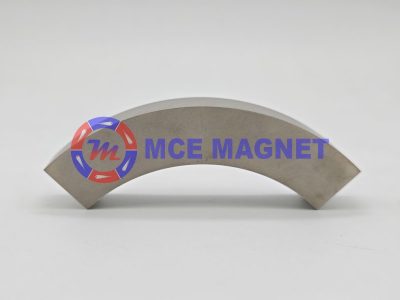What do you need to pay attention to when purchasing magnets?
When purchasing magnets, several aspects need to be taken care of to ensure that the magnets purchased meet the specific application needs and quality standards. Here are some key considerations:
Magnetic properties: Determine the desired magnetic properties, including magnetic strength, remanence, coercivity, and maximum magnetic energy product. These parameters will determine the effect of the magnet in a particular application.
Material type: Select the appropriate magnet material according to the application requirements, such as ferrite, NdFeB (NdFeB), Alnico (Alnico) or samarium cobalt (SmCo). Each material has its own unique properties and costs.
Size and shape: Specify the size, shape and tolerance requirements of the magnet. These factors will affect the manufacture and cost of magnets.
Temperature stability: Consider the temperature environment in which the magnet will operate, and select the magnet material with the appropriate temperature coefficient. High temperatures may cause the magnet to demagnetize.
Corrosion resistance: Select magnets with sufficient corrosion resistance according to the application environment. For example, some magnets may require a coating or coating to improve their corrosion resistance.
Mechanical strength: Evaluate the mechanical strength and brittleness of the magnet, especially if it is required to withstand shock or vibration.
Cost: Consider budget constraints and balance magnet performance and cost.
Supplier reputation: Choose a reputable supplier to ensure the quality and delivery time of the magnet.
Certification and standards: Ensure that magnets comply with relevant international or industry standards, such as ISO9001 standards, IATF16949, ROHS, etc.
Delivery time: Determine whether the supplier can deliver the goods on time according to the project schedule.
Minimum order quantity: Understand the supplier’s minimum order quantity requirements to ensure that the purchase quantity meets the demand.
After-sales service: Consider the after-sales service and support provided by the supplier, including technical advice, return policy, etc.
Environmental impact: Understand whether the production process of magnets meets environmental requirements, and the impact of magnets on the environment after use and waste.
By carefully considering these factors, you can ensure that you are sourcing the right quality magnets for your particular application and avoid potential problems and additional costs.

